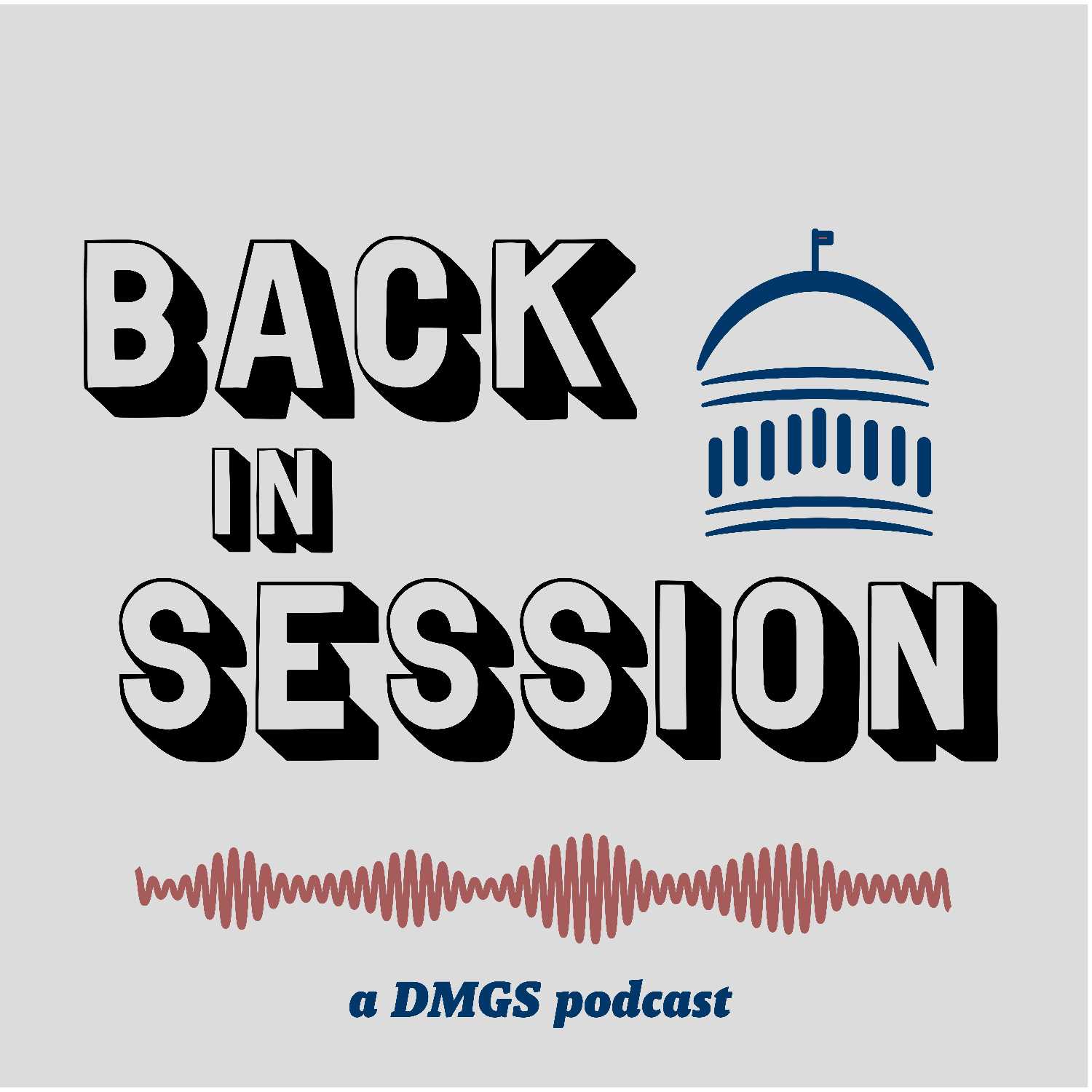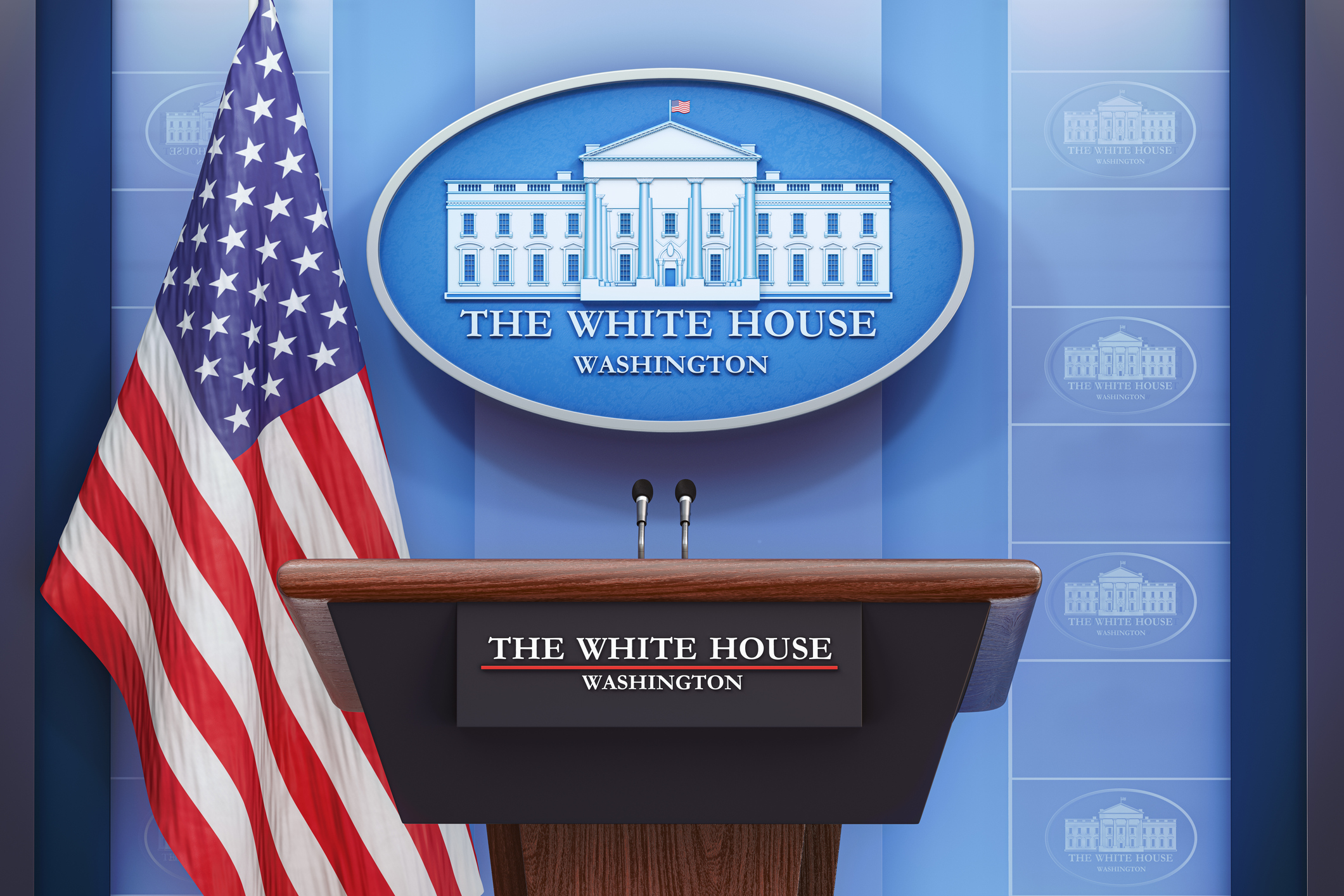
As many individuals and businesses have had their lives upended by COVID-19, state legislatures around the country are no different. The coronavirus is not just impacting our health, safety and economy, but also in the way lawmakers deal with these issues.
Legislative operations in 23 states, the U.S. Virgin Islands, Guam and Puerto Rico have either introduced or adopted bills/resolutions that make changes to the way they conduct their legislative business during the coronavirus pandemic. This includes changes in legislative operations and procedures, the authorization of remote voting or remote meetings, and other changes.
Some states are limited at this time in what they can do as their respective state constitutions require their legislatures to meet in person. Therefore, this could require a constitutional amendment to allow for either remote voting or remote meetings.
Connecticut
Following Governor Ned Lamont’s declaration of a public health emergency, legislators in Connecticut cancelled all public hearings and changed their rules for the way they operate. Lawmakers adopted HJR 28 which allows them to vote at meetings by telephone or other means of voice communication during a declaration of a public health emergency. HJR 28 amended the joint rules of the Senate and House of Representatives, impacting both chambers.
Connecticut’s 2020 legislative session constitutionally ended on Wednesday May 6th, but has essentially been over since the last time lawmakers actually met at the Capitol on March 11th.
Legislative leaders are hopeful to return next month during a special session in order to revise the second year of a two-year budget that has seen revenues drop dramatically due to the coronavirus. While an exact date has not yet been set for a special session, lawmakers are expected to consider changing their own rules to allow having them remain in their offices during debates, participating via video, or arriving in groups of 10 to vote. At this point, nothing is set in stone yet in Connecticut.
Kentucky
Some of Kentucky’s House members voted remotely in early April on bills by texting photos of their paper ballots to other members of their party who remained on the House floor. This was made possible by the adoption of HR 133 which changed the rules to allow for remote meetings and alternative voting. In order to vote on this resolution, leadership in the House required members to cast their vote in groups of 25 to ensure social distancing.
Further, HR 129, which was adopted in mid-March, aimed to reduce the time required for final passage of bills by establishing a consent procedure for the consideration of noncontroversial bills.
According to the Kentucky Constitution, the General Assembly’s session may not last more than 60 legislative days and cannot extend beyond April 15th in even-numbered years. As such, they are now adjourned until next year or unless a special session is called.
Louisiana
Lawmakers in Louisiana will restart their legislative session on May 11th. As of May 6th, lawmakers missed 49 days due to COVID-19. Session began this year on March 9th and must be adjourned by June 1st, but lawmakers only stayed in session for a week after first convening and suspended in response to the spread of COVID-19. Even though session must be adjourned by June 1st, they must pass a budget by June 30th and therefore a special session could be called.
Legislators did however return to session in late March in order to move along new pieces of legislation as their state constitution requires new bills to be read into the record by a certain date in order to be considered in that legislative session. Not all lawmakers returned to session. Only 58 out of 105 representatives in the House attended session (53 are required to conduct business). Further, 21 out of 39 state senators attended.
Lawmakers in the House have introduced HR 18, which provides an option in the House Rules to limit debate on final passage or adoption of a legislative instrument by a majority vote.
On the Senate side, rules typically prohibit them from using tele-conferencing or Skype to conduct their business. As a result, SCR 27 was introduced which would request a joint study of the ability for lawmakers to vote via video or other electronic means. However, a written report would not be required until prior to the 2021 regular session, casting doubt on this being used during the current session. SCR 27 is scheduled for a floor vote in the Senate on Monday, May 11th.
When lawmakers return on May 11th to consider these and other proposals, they will encounter a different atmosphere than they left behind. Committee meetings will be spread out, partitions were installed between seats in the House, temperatures will be taken to enter the Capitol, and both Chambers are offering masks, gloves and sanitizer to legislators, staff and the public.
Pennsylvania
In the Keystone State, both the House and Senate acted in mid-March to change the way they conduct their legislative business. They have since continued to operate and pass various pieces of legislation. In late March it was reported that at least 114 House members (out of 203) applied to vote remotely and only ten out of 50 state senators attended session.
The House passed HR 834 which changed its rules temporarily to allow for work and voting to be conducted remotely. Under this resolution, members may submit votes to their party leaders, but those leaders and committee chairs must still go to the Capitol in order to consider any other legislation. Another change included in HR 834 is that it allows members of the House to send mailers to constituents regarding COVID-19. Normally, lawmakers are prohibited from sending any mailings during a “black out” period leading up to an election.
The Pennsylvania Senate previously had rules that allowed for proxy voting, but the rules also required at least 26 senators to be present on the floor in order to conduct any business. SR 318 changed this, allowing for electronic bill filing and for members to remotely participate in committee meetings and vote remotely. This is a temporary rule that will expire either at the end of July, or when Governor Tom Wolf lifts his emergency declaration for the state.
Vermont
Vermont has adopted numerous resolutions in both its House and Senate to change their operations in the face of COVID-19. The two chambers passed SJR 48 which adopted an emergency rule to allow committees to meet and vote electronically during the current declared emergency related to COVID-19 .
In late March, the House adopted HR 17 which allows for committee members to vote remotely during the current declared emergency. They also adopted HR 18 which allows for remote participation (debate) during the current declared emergency.
Further, the Vermont state Senate adopted SR 10 in late March, which allowed for Senate committees to temporarily meet and vote electronically. In April, the Senate adopted SR 11, changing the rules to permit for a session conducted during a declared emergency to be done so electronically. This has allowed for Senators to participate, debate, deliberate and vote remotely.
Other Action
Legislative chambers are not the only ones changing the way they conduct business. For the first time in its 231 year history, the United States Supreme Court began hearing oral arguments over the phone which are also now available to be live streamed.
Will More States Begin to Work Remotely?
COVID-19 is not only impacting the way citizens go about their daily lives, but the way our government and legislative bodies operate as well. Legislatures are being made to abandon their business-as-usual tactics and adapt during these unprecedented times in order to focus on important issues, including how to combat COVID-19, budget deficits and health and safety risks. Time will tell if further action is needed and if other states will adopt different practices to change the way they operate in the middle of a global pandemic.
Latest News
As legislative sessions kick off across the country, advocacy professionals must navigate diverse political landscapes, shifting priorities, and fast-moving policy developments. In this episode of Back in Session, hosts Ryan Stevens and Ryan DeMara sit [...]
Photo credit: iStock.com/Bet_Noire On January 20, 2025, Donald Trump was inaugurated as the 47th President of the United States, marking the beginning of a second term in office. Trump immediately set the tone for the [...]
Photo credit: iStock.com/hapabapa As the year draws to a close, state legislatures across the country are gearing up for their upcoming sessions in 2025. A critical aspect of this preparation is state legislative prefiling, a [...]
Photo credit: iStock.com/Castle City Creative The U.S. president's cabinet is a cornerstone of the executive branch, serving as the president’s closest advisors and leaders of the federal government’s major departments and agencies. Established through [...]






Stay In Touch